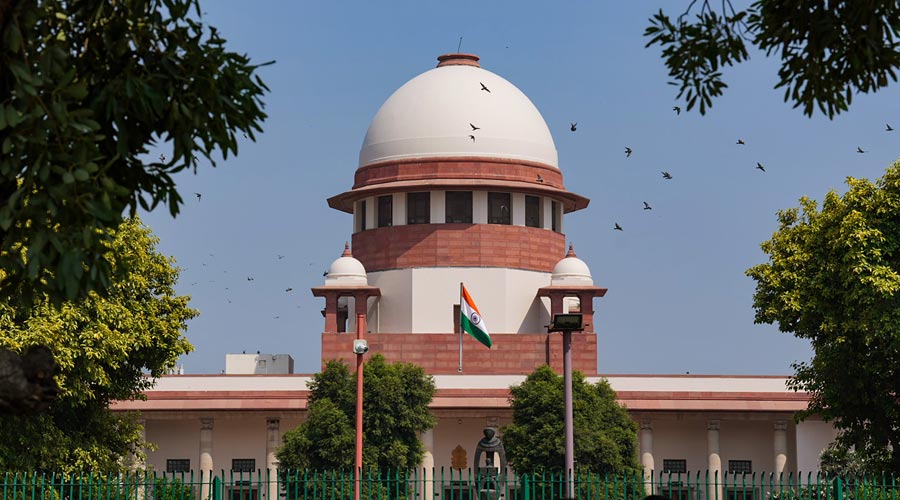Nithyakalyani Narayanan. V
The names of the accused in rulings declaring rape cases to be fraudulent have just begun to be anonymized by the Supreme Court.
The Supreme Court dismissed a formal complaint on March 18 against an individual suspected of raping a woman under false pretenses of marriage. In the case ‘Ms. X versus Mr. A’, the accused’s identity has been withheld. The case was renamed as ‘XXXX v. State of Madhya Pradesh’, after the court’s March 7 ruling invalidated a rape FIR.
The Supreme Court is currently considering a PIL brought by the Youth Bar Association of India that requests rules to safeguard the identities of those accused of sexual offenses. The Kerala High Court ruled last year that no one could reveal the identities of those accused of sexual offenses without the court’s approval. The High Court reasoned that Section 327 of the Code of Criminal Procedure protects the accused’s identity.
According to legal requirements, the victim woman’s identity in rape and sexual crime charges must be kept private. In rape cases that turn out to be fraudulent, the court has recently begun withholding the identity of the accused.
In “Ms. X versus Mr. A,” the Supreme Court Bench of Justices BR Gavai, Rajesh Bindal, and Sandeep Mehta noted that no crime under Section 375 of the Indian Penal Code was established against the accused when the complainant/prosecutrix freely engaged in sexual relations with the accused. With this, the bench upheld the High Court’s conclusions.
In addition, Justice BR Gavai’s judgment, which was written after reviewing the accusations made in the FIR and the complainant’s statements, stated that it was not sufficiently proven that the accused had sex with the complainant under false pretenses of marriage.
The Court stated that neither the FIR nor the restatement (Annexure P-6) submitted before the Dy. S.P., Challakere, on its face, suggests that accused No. 1 made a fraudulent promise or that the complainant entered into a sexual connection based on it.
For a number of years, the complainant and accused No. 1 had been in a consensual sexual relationship. The complainant’s restatement was at the center of the dispute in this instance.
The complainant initially claimed that she was taken to the hospital after finding out she was pregnant and that there, she was forced to have an abortion. However, the doctor’s statement contradicted this claim and stated that no patient was admitted to the hospital as a result of the COVID-19 virus lockdown.
She later amended her account to claim that she was not brought to the hospital, citing the accused individuals’ refusal to give their approval to their marriage. According to the prosecutrix, she was given medication (by Accused No. 1) that was not allopathic and caused her pregnancy to end.
The facts of this case were connected by the court to those of Pramod Suryabhan Pawar v. State of Maharashtra and Others ((2019) 9 SCC 608). The court had noted in this case that two premises must be proven in order to determine if the “consent” was void due to a “misconception of fact” resulting from a marriage vow. It is necessary that the marriage vow was made under false pretenses, with no intention of being kept at the time it was made. The false promise itself had to be immediately relevant or have a direct connection to the woman’s choice to perform the sexual act.
The court decided that the High Court had fairly determined that no intervention was warranted by applying the law correctly to the case.
The court also observed that there are insufficient grounds to proceed against the accused in this matter, even if the accusations in the FIR and the evidence the prosecution is relying on are accepted at face value. It was concluded that the Single Judge of the High Court did not mistake in her ruling that allowing the case to proceed would constitute an abuse of the legal system and lead to a miscarriage of justice.


